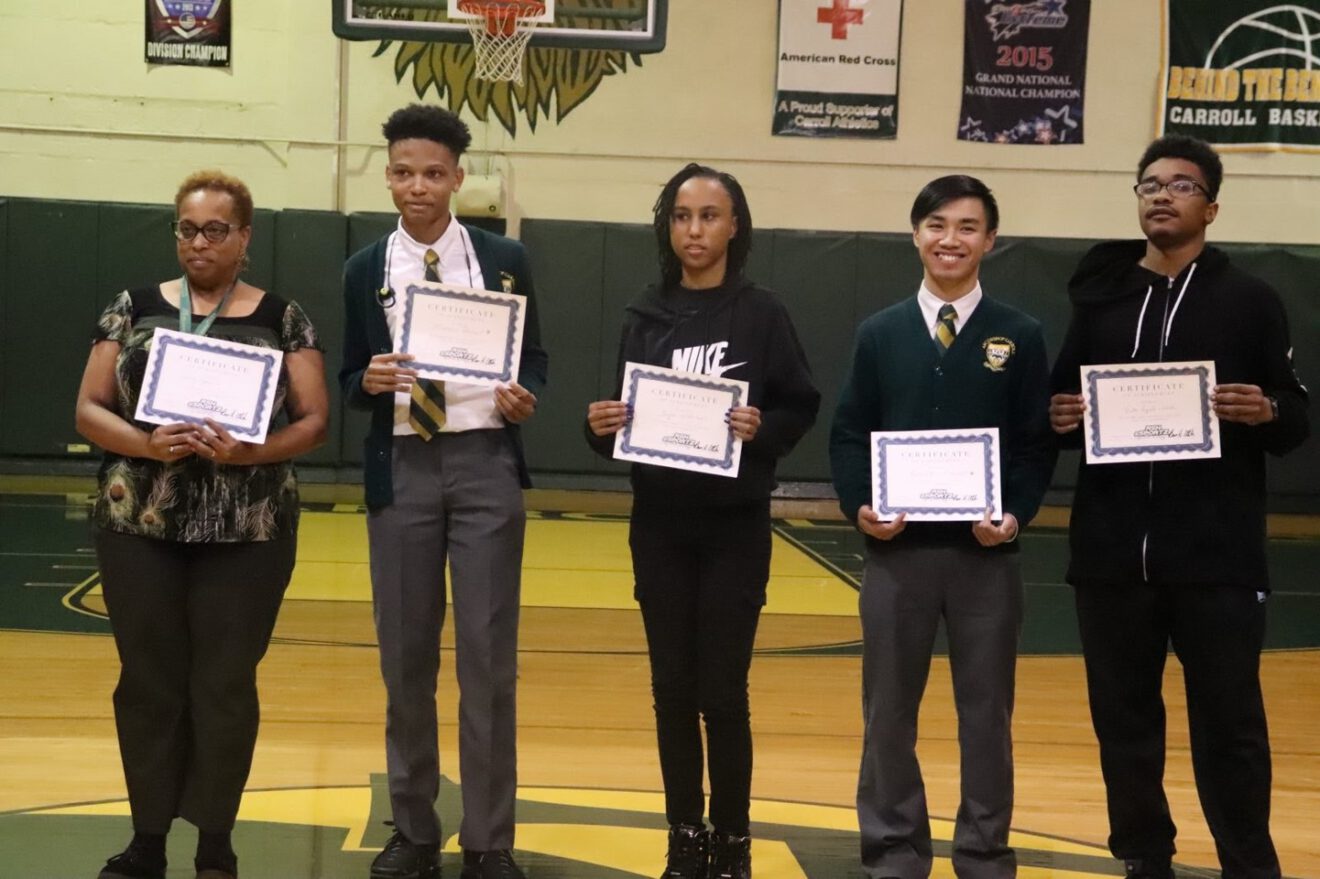Sign up for our daily edtech news briefing today, free.
Esports are a great way to introduce students to STEM and teach them real-world skills. The fun, competition and rigor provide lessons that lead to personal and academic growth.
We launched our high-school esports program in September 2019. Nearly 100 students expressed interest. We decided to run the program as part of the school’s STEM initiative and set parameters for eligibility. Students who want to participate must demonstrate exemplary behavior and maintain a minimum 3.0 GPA, with no Ds or Fs in any course. If a student does receive a D or an F, he or she may not participate in competitions, practices or scrimmages until the grade improves. Instead, that student will spend the time he or she would have spent gaming with teachers doing make up work.
Last year, Steven*, a student-athlete, was failing his IB Mathematical Studies class. He wasn’t completing his work. The low grade made him ineligible to run track or participate in engineering conferences and trips. The reason for the drop in grades? According to Steven and his mom, he was addicted to video games.
We stepped in to help him get back on track. We spent more time with him, providing motivators and goals, and holding him accountable. This structure helped him realign his focus and develop positive habits.Steven turned things around. Gaming was a powerful carrot for him. He became diligent with his work, at school and at home. He developed discipline with his gaming. His grades improved and he met the GPA requirements for our esports program, as well as the National Society of Black Engineers.
Steven’s perspective improved too. He enjoyed the success and didn’t want to miss out on any other opportunities. He learned he could combine his love for technology with his love for sports. He plans to attend Towson University and major in computer science.
Another plus: We discovered he’s a leader, a quality that had been hidden. Steven had always been a quiet young man who kept to himself. But joining the esports team gave him new confidence and his leadership qualities came shining through. He’s unselfish with his knowledge; he’s always willing to share his expertise with his teammates. He is a supportive presence in competitions; he knows how to offer direction and encouragement to keep his team energized and focused. Steven now serves as a student coach for our Rocket League, a competition based on physics.
Our esports program has brought important growth to our student-athletes. They embraced this pilot initiative and worked hard to establish themselves. They learned how to work together as a team and apply critical thinking and problem solving to different scenarios. They developed confidence and grew into leaders. And they discovered that excelling academically can translate to success on the playing field.
*Student’s real name is not used in this article.
Michelle Ming is a math teacher and the program director for engineering at Archbishop Carroll High School. Ming also moderates the ACHS STEM Nation, a National Society of Black Engineers Jr. Chapter. She is currently pursuing a STEM Leadership Certification through a NASA-integrated program “The Endeavor Teacher Project.”
Brian Ellerbe is the athletic director at Archbishop Carroll High School. Ellerbe has held numerous coaching positions, including the head men’s basketball coach at Loyola University Maryland and at the University of Michigan.
___________________________________________________________________________
Like this article? Sign up for SmartBrief on EdTech to get news like this in your inbox, or check out all of SmartBrief’s education newsletters, covering career and technical education, educational leadership, math education and more.
